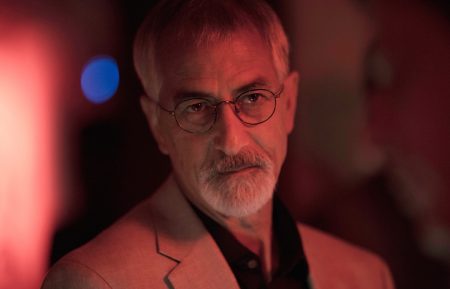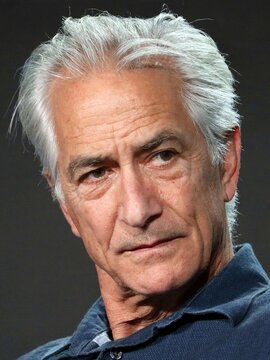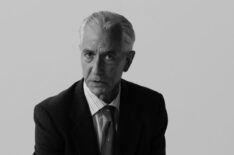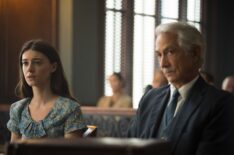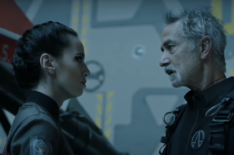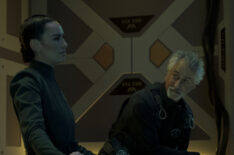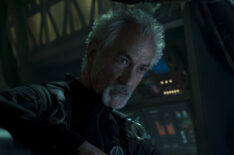David Strathairn
Credits

A Little Prayer
Actor
Bill
Movie
2023

Where the Crawdads SingStream
Actor
Tom Milton
Movie
2022

Remember This
Actor
Jan Karski
Movie
2022

Na wielkim ekranie
Actor
Show
2021
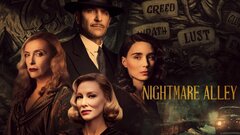
Nightmare AlleyStream
Actor
Pete Krumbein
Movie
2021

Nomadland: HBO First Look
Actor
Show
2020
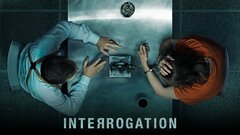
Interrogation
Actor
Henry Fisher
Series
2020

Walkaway JoeStream
Actor
Joe Haley
Movie
2020

NomadlandStream
Actor
Dave
Movie
2020

The Devil Has a Name
Actor
Movie
2020

Na wielkim ekranie: Nomadland
Actor
Movie
2020

Godzilla: King of the MonstersStream
Actor
Admiral William Stenz
Movie
2019

Poetry in America
Guest
Show
2018

McMafia: Extras
Actor
Show
2018

McMafiaStream
Actor
Semiyon Kleiman
Series
2018

Fast ColorStream
Actor
Ellis
Movie
2018

An Interview With God
Actor
The Man
Movie
2018

UFO
Actor
Franklin Ahls
Movie
2018

November Criminals
Actor
Theo Schacht
Movie
2017

American Pastoral
Actor
Nathan Zuckerman
Movie
2016

He Does Not Want Peace
Actor
Movie
2016

The ExpanseStream
Actor
Kales Ashford
Series
2015

Z: The Beginning of EverythingStream
Actor
Judge Anthony Sayre
Series
2015

The Second Best Exotic Marigold HotelStream
Actor
Ty Burley
Movie
2015

Louder Than Bombs
Actor
Richard Weissman
Movie
2015

The Debt
Actor
Nathan
Movie
2015

GodzillaStream
Actor
Admiral William Stenz
Movie
2014

Lincoln at Gettysburg
Narrator
Show
2013

The BlacklistStream
Guest Star
The Director
Series
2013

The Bourne LegacyStream
Actor
Noah Vosen
Movie
2012

Hemingway & Gellhorn
Actor
John Dos Passos
Movie
2012
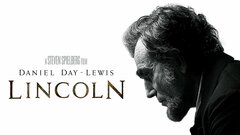
LincolnStream
Actor
Secretary of State William Seward
Movie
2012

Maladies
Actor
Delmar
Movie
2012

No God, No Master
Actor
William Flynn
Movie
2012

AlphasStream
Actor
Dr. Lee Rosen
Series
2011

Area 51 Declassified
Narrator
Show
2011

Temple GrandinStream
Actor
Dr. Carlock
Movie
2010

Howl
Actor
Ralph McIntosh
Movie
2010

The Tempest
Actor
King Alonso
Movie
2010
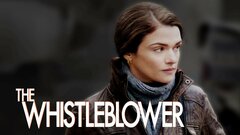
The WhistleblowerStream
Actor
Peter Ward
Movie
2010

Odysseus in America
Narrator
Movie
2010

Great Decisions in Foreign Policy
Narrator
Show
2009

The People Speak
Actor
Show
2009
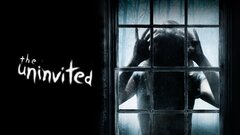
The UninvitedStream
Actor
Steven
Movie
2009

Cold Souls
Actor
Dr. Flintstein
Movie
2009

Studio Spotlight
Actor
Show
2008

The Spiderwick ChroniclesStream
Actor
Arthur Spiderwick
Movie
2008

Fracture
Actor
D.A. Joe Lobruto
Movie
2007
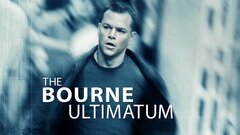
The Bourne UltimatumStream
Actor
Noah Vosen
Movie
2007

My Blueberry Nights
Actor
Arnie
Movie
2007

Trumbo
Actor
Movie
2007

Racing Daylight
Actor
Henry Becker / Harry Stokes
Movie
2007

The Shovel
Actor
Paul Mullin
Movie
2006

The Notorious Bettie Page
Actor
Estes Kefauver
Movie
2006

We Are Marshall
Actor
Donald Dedmon
Movie
2006

Steel Toes
Actor
Danny Dunckelman
Movie
2006

Heavens Fall
Actor
Judge James Horton
Movie
2006

The Sensation of Sight
Actor
Finn
Movie
2006

Missing in America
Actor
Henry
Movie
2005
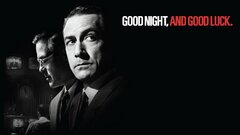
Good Night, and Good LuckStream
Actor
Edward R. Murrow
Movie
2005

HouseStream
Guest Star
Nash
Series
2004
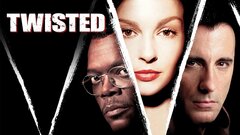
TwistedStream
Actor
Dr. Melvin Frank
Movie
2004

Master Spy: The Robert Hanssen Story
Actor
Show
2002
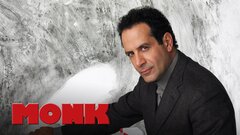
MonkStream
Guest Star
Patrick Kloster
Series
2002

Treason: The Robert Hanssen Story
Actor
Movie
2002

Master Spy: The Robert Hanssen Story
Actor
Movie
2002

Blue Car
Actor
Auster
Movie
2002

Lathe of Heaven
Actor
Mannie
Movie
2002

Speakeasy
Actor
Bruce Hickman
Movie
2002

Big Apple
Actor
Agent Will Preecher
Show
2001

Ball in the House
Actor
Dr. Charlie
Movie
2001

Kwiaty Harrisona
Actor
Harrison Lloyd
Movie
2000

Freedom Song
Actor
Peter Crowley
Movie
2000

The Miracle Worker
Actor
Captain Keller
Movie
2000

Harrison's Flowers
Actor
Harrison Lloyd
Movie
2000
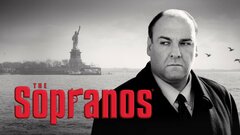
The SopranosStream
Guest Star
Robert Wegler
Series
1999

William Shakespeare's A Midsummer Night's Dream
Actor
Theseus
Movie
1999

Limbo
Actor
Joe Gastineau a.k.a. Jumpin' Joe Gastineau
Movie
1999

A Good Baby
Actor
Truman Lester
Movie
1999
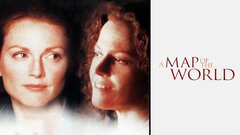
A Map of the WorldStream
Actor
Howard Goodwin
Movie
1999

El Secreto de Raymond
Actor
Movie
1999

Meschugge
Actor
Charles Kaminski
Movie
1998

Meurtres
Actor
Movie
1998

Evidence of Blood
Actor
Jackson Kinley
Movie
1998

With Friends Like These...
Actor
Armand Minetti
Movie
1998

Simon Birch
Actor
Rev. Russell
Movie
1998

L.A. ConfidentialStream
Actor
Pierce Morehouse Patchett
Movie
1997

Bad Manners
Actor
Wes
Movie
1997

The Climb
Actor
Earl Himes
Movie
1997

In the Gloaming
Actor
Martin
Movie
1997

Beyond the Call
Actor
Russell Cates
Movie
1996

Mother Night
Actor
Lieutenant Bernard B. O'Hare
Movie
1996

The Song of Hiawatha
Actor
Marcel
Movie
1996

Stand Off
Actor
John McCowan
Movie
1996
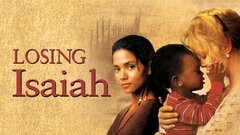
Losing IsaiahStream
Actor
Charles Lewin
Movie
1995
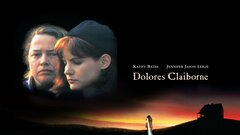
Dolores ClaiborneStream
Actor
Joe St. George
Movie
1995

Home for the Holidays
Actor
Russell Terziak
Movie
1995

The River WildStream
Actor
Tom Hartman
Movie
1994

April One
Actor
John McCowan
Movie
1994

Benny Goodman: Adventures in the Kingdom of Swing
Narrator
Show
1993

Lost in YonkersStream
Actor
Johnny
Movie
1993

American Clock
Actor
Young Arthur Huntington
Movie
1993
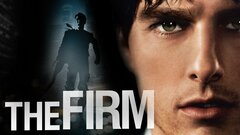
The FirmStream
Actor
Ray McDeere
Movie
1993

A Dangerous WomanStream
Actor
Getso
Movie
1993

Niebezpieczna kobieta
Actor
Movie
1993

Pasión de Mujer
Actor
Movie
1992

O Pioneers!
Actor
Carl Linstrum
Movie
1992

Big Girls Don't Cry... They Get Even
Actor
Keith
Movie
1992
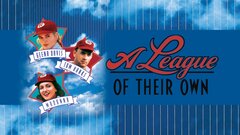
A League of Their OwnStream
Actor
Ira Lowenstein
Movie
1992
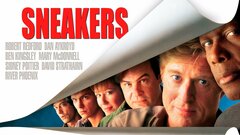
SneakersStream
Actor
Erwin 'Whistler' Emory
Movie
1992
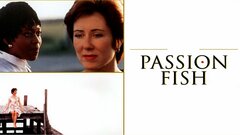
Passion FishStream
Actor
Rennie
Movie
1992

Son of the Morning Star
Actor
Capt. William F. Benteen
Show
1991

La Gran Batalla
Actor
Movie
1991

City of Hope
Actor
Asteroid
Movie
1991

Without Warning: The James Brady Story
Actor
Dr. Art Kobrine
Movie
1991

Heat Wave
Actor
Bill Thomas
Movie
1990

Judgment
Actor
Father Frank Aubert
Movie
1990

Memphis BelleStream
Actor
Col. Craig Harriman
Movie
1990

Day One
Actor
J. Robert Oppenheimer
Movie
1989

The Feud
Actor
The Stranger
Movie
1989

The Trials of J Robert Oppenheimer
Actor
Show
1988

American ExperienceStream
Actor
Series
1988
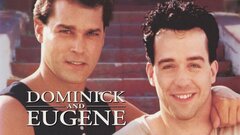
Dominick and Eugene
Actor
Martin Chernak
Movie
1988

Call Me
Actor
Sam
Movie
1988
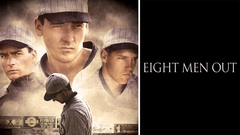
Eight Men OutStream
Actor
Eddie Cicotte
Movie
1988
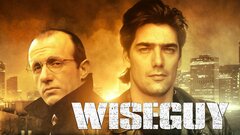
WiseguyStream
Guest Star
Sheriff Matthew Stemkowski
Series
1987

Matewan
Actor
Sid Hatfield
Movie
1987
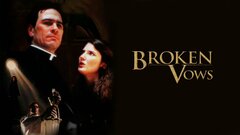
Broken VowsStream
Actor
Stuart Chase
Movie
1987
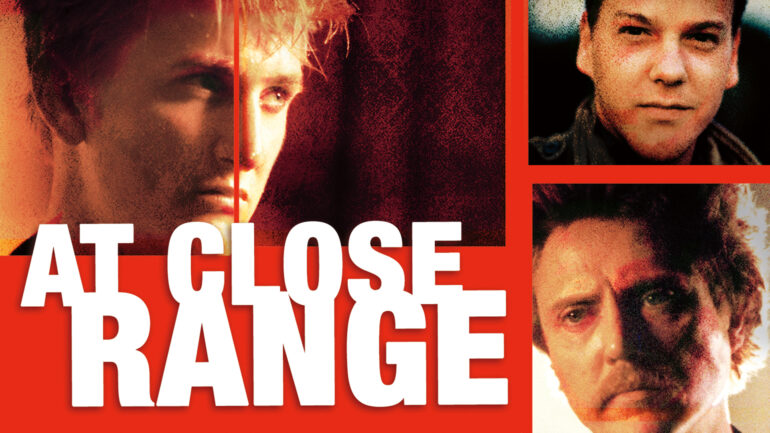
At Close RangeStream
Actor
Tony Pine
Movie
1986
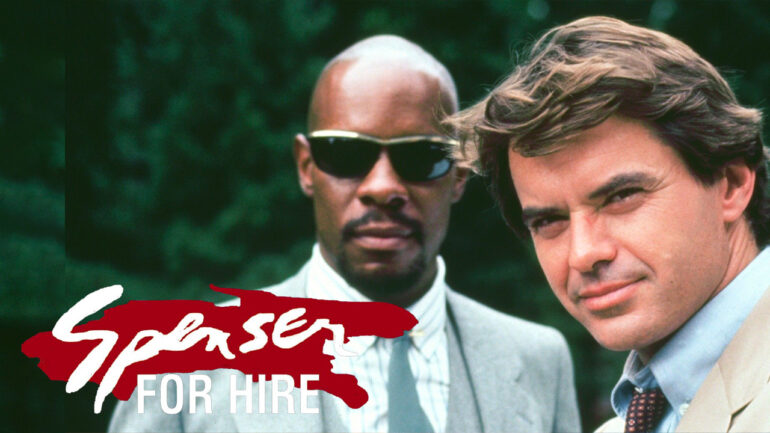
Spenser For HireStream
Actor
Series
1985

The Equalizer
Guest Star
Phillip Borchek
Series
1985

When Nature Calls
Actor
Weejun
Movie
1985
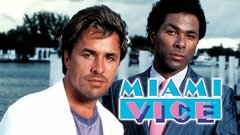
Miami ViceStream
Guest Star
Marty Lang
Series
1984

El Hombre de los Hielos Eternos
Actor
Movie
1984

Iceman
Actor
Dr. Singe
Movie
1984

Enormous Changes at the Last Minute
Actor
Jerry
Movie
1983

Silkwood
Actor
Wesley
Movie
1983

Return of the Secaucus 7
Actor
Ron Des Gargans
Movie
1980

Great PerformancesStream
Actor
Franchise
1972
News aboutDavid Strathairn
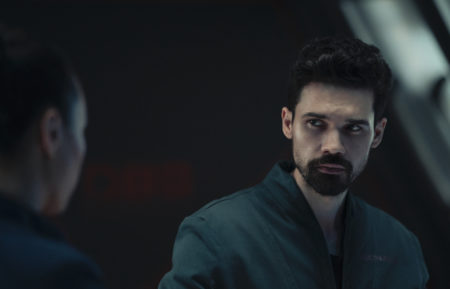
10 of the Most Memorable Moments from ‘The Expanse’
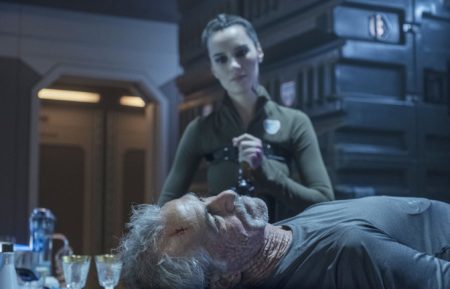
‘The Expanse’: 7 Reasons Why We Love (& Fear) Camina Drummer
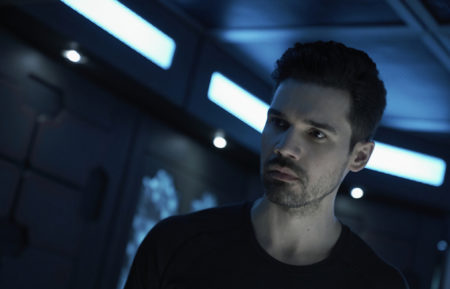
9 Things You Need to Remember for ‘The Expanse’ Season 5
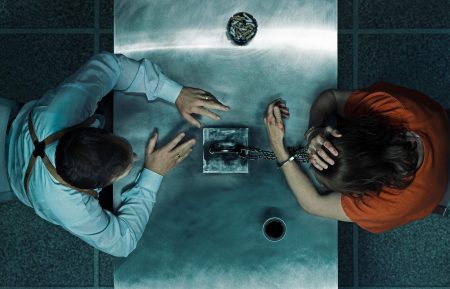
‘Interrogation’: Your First Look at Peter Sarsgaard’s True-Crime Series (PHOTO)
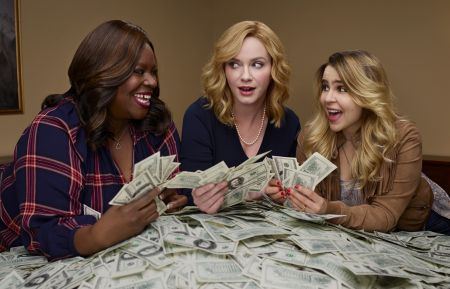
Roush Review: ‘Good Girls’ Go Bad, Global Crime in ‘McMafia,’ Perils of ‘Living Biblically’
